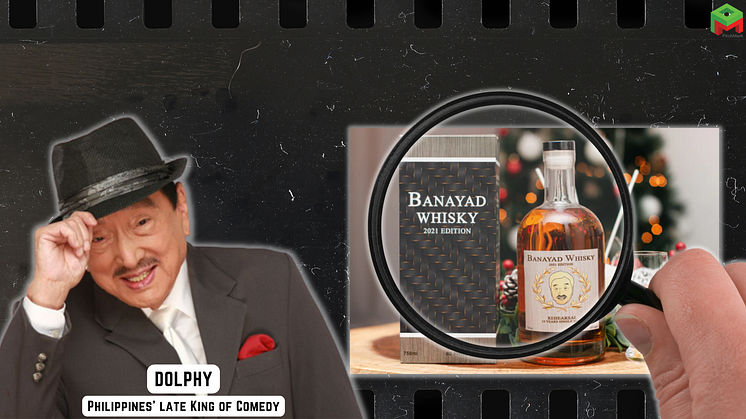
News -
Scotch Whisky Association loses in trademark battle over use of tartan
The Intellectual Property Office of Singapore has ruled against the Scotch Whisky Association's opposition against a company using the word "tartan" to market its whiskeys in Singapore.
The Scotch Whisky Association, which represents the Scotch whisky industry around the world, had applied in January 2017 to block Japanese department store Isetan (Singapore) from applying to register the trademark "Isetan Tartan".
The crux of its argument revolved around Geographical Indication. The Scotch Whisky Association argued that the tartan — the chequered design associated with Scottish clans and printed on kilts — is an iconic symbol of Scotland and counts as a Geographical Indication.
A Geographical Indication, typically the name of a place, indicates that a certain product originated in that location, and has qualities or a reputation that are due to that origin. It may be argued that iconic symbols such as the Eiffel Tower, the Great Wall of China or the Taj Mahal may serve as Geographical Indicators of products from France, China or India.
But the Intellectual Property Office of Singapore finds the Scotch Whisky Association argument misconceived. It thinks the relevant issue is not whether the tartan is or is not iconic of Scotland, but rather if the tartan is a Geographical Indication. And it thinks there is no evidence to show that the word "tartan" is used to identify a product that comes from a certain area.
It said the Scotch Whisky Association has not put forth any there evidence as to what characteristics "tartan" whiskies possess. In fact, the Scotch Whisky Association focused on the qualities of a different geographical indication, namely, Scotch Whisky, for the use of tartan patterns or the word “tartan” on labels and brand names. Which are actually for the purpose of identifying the whisky distillery and not for the purpose of identifying the product.
"In order to function as a geographical indication, the sign must identify a product. In view that there is no evidence to support a finding that “tartan” is a geographical indication, the opposition under this ground must necessarily fail," the Intellectual Property Office of Singapore said.
The statutory board also remarked that for those who have heard of Isetan, it would probably evoke Japan more than Scotland. But for those who have not heard of the department store, "ISETAN" would be a meaningless invented word and would not evoke any geographical area.
In another case involving the finer points of Geographical Indicator, the label of "basmati rice" is at the centre of a dispute between several Indian states.
Basmati rice is traditionally grown in the region of Greater Punjab and some northern states in India on the foothills of the Himalayas. But the state of Madhya Pradesh in central India has argued that the basmati rice grown in their area are just as good as those grown in northern India, and deserve to bear the "basmati" title. This has created controversy because a Geographical Indicator tag is about where the product originates, and not about where the product is cultivated.
The Geographical Indicator Registry has rejected the state’s claim on the grounds that Madhya Pradesh does not fall within the ‘Indo-Gangetic Plain’ and it does not enjoy popular perception with respect to basmati cultivation.
The decision about intellectual property meant basmati rice grown in around 200,000 hectares by almost 80,000 farmers in the state lost the premium it commanded in the market which and this was detrimental to the incomes of farmers in the area.
The state government of Madhyar Pradesh is currently challenging the order in Madras High Court where the Geographical Indicator Registry operates.
Related links
- IN THE MATTER OF A TRADE MARK APPLICATION BY ISETAN MITSUKOSHI LTD. AND OPPOSITION THERETO BYTHE SCOTCH WHISKY ASSOCIATION
- SWA Loses Trademark Battle Over Tartan
- Scotch whisky makers fail in bid to block Isetan from using 'tartan' to market drink here
- Madhya Pradesh CM Shivraj Singh Chouhan renews claim for basmati's GI tag
- Hurdles in Basmati as Geographical Indicator

